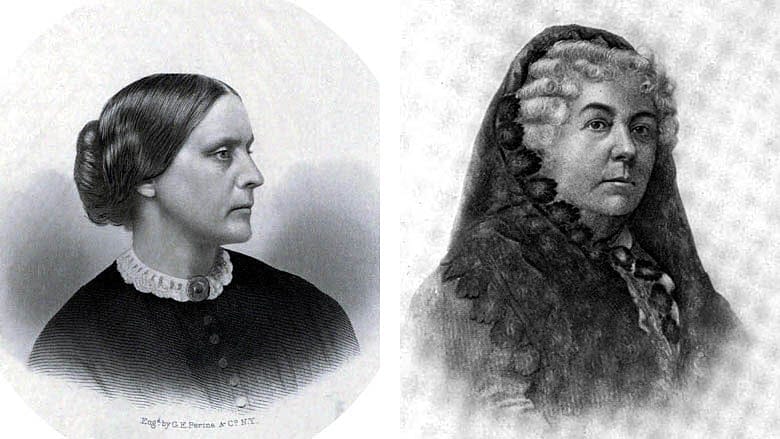Feminism and abortion: What would Susan say?

Recently, I had the opportunity to visit the Birthplace Museum of the great American suffragist, and pro-life advocate, Susan B. Anthony. She and Elizabeth Cady Stanton led the fight for women's suffrage in the late 19th century, a cause that would result in the 19th amendment to the U.S. Constitution in 1920, years after Anthony's death.
As I stood before the museum wall dedicated to their pro-life advocacy, especially as enunciated in their weekly women's rights newspaper, the Revolution, I shuddered to think how these two courageous women would have responded to the amicus briefs offered to the Supreme Court this month by today's feminist groups.

